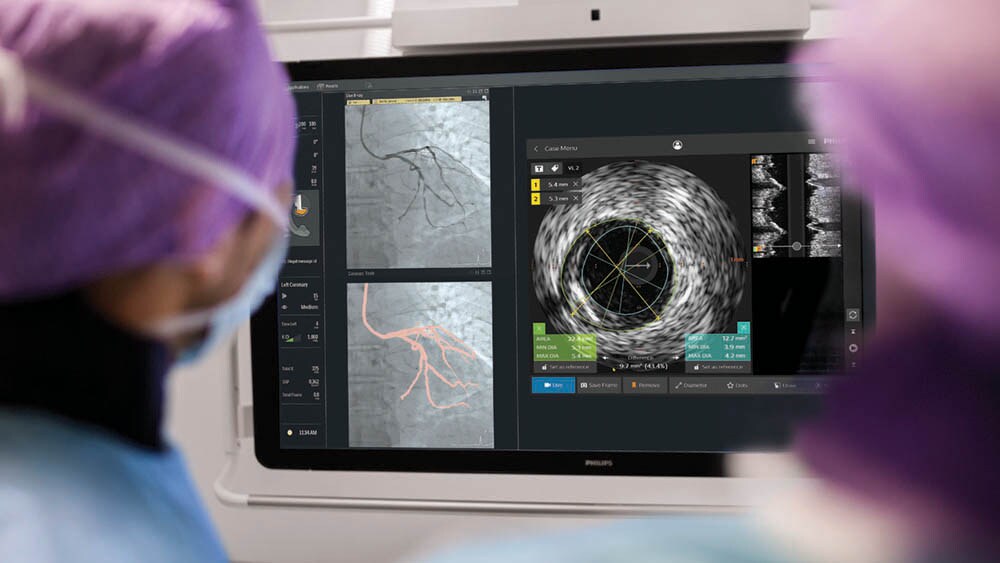Precision Medicine: Revolutionizing Healthcare with Personalized Treatment

In the vast landscape of healthcare, the emergence of precision medicine stands as a beacon of hope, promising a paradigm shift towards tailored, individualized care. This revolutionary approach represents a departure from traditional one-size-fits-all treatments, instead offering interventions that are precisely calibrated to each patient’s unique genetic makeup, medical history, and lifestyle. As we delve into the realm of precision medicine, we uncover its transformative potential to redefine healthcare delivery and improve patient outcomes.
Understanding Precision Medicine:
At its essence, precision medicine embodies the ethos that every patient is unique, and their healthcare journey should reflect this individuality. Rather than relying on broad treatment protocols, precision medicine seeks to unravel the intricacies of disease at a molecular level, identifying the underlying genetic, environmental, and behavioral factors that contribute to health and illness. By leveraging advanced technologies such as genomic sequencing, biomarker analysis, and machine learning algorithms, precision medicine enables clinicians to tailor interventions with unprecedented accuracy and specificity.
The Role of Genomics:
Central to the practice of precision medicine is the integration of genomic data into clinical decision-making. Genomic sequencing empowers healthcare providers to decode the blueprint of each patient’s DNA, uncovering genetic variations that may influence disease risk, treatment response, and prognosis. Armed with this information, clinicians can craft personalized treatment plans that target the root causes of disease, maximizing therapeutic efficacy while minimizing adverse effects. From identifying hereditary predispositions to selecting targeted therapies, genomics lies at the heart of precision medicine’s transformative potential.
Personalized Treatment Plans:
One of the defining features of precision medicine is its emphasis on individualized treatment plans tailored to each patient’s unique profile. By considering factors such as genetic susceptibility, biomarker expression, and lifestyle influences, clinicians can customize interventions that address the specific needs and preferences of the individual. This may involve the selection of targeted therapies, lifestyle modifications, or preventive measures designed to optimize health outcomes and enhance quality of life. Through a collaborative and patient-centered approach, precision medicine empowers individuals to take an active role in their healthcare journey, fostering a sense of empowerment and autonomy.
Advancements in Disease Management:
Precision medicine has yielded significant advancements across a spectrum of medical specialties, with particularly notable progress in oncology, cardiology, and neurology. In oncology, targeted therapies and immunotherapies have revolutionized cancer treatment, offering new hope for patients with advanced or treatment-resistant disease. Similarly, in cardiology, genetic testing and risk stratification tools enable early detection and intervention for cardiovascular conditions, while in neurology, personalized approaches hold promise for the management of neurological disorders such as Alzheimer’s disease and Parkinson’s disease.
Challenges and Future Directions:
Despite its considerable promise, precision medicine faces several challenges on the path to widespread adoption. These include issues related to cost, access to genomic testing, data privacy, and the interpretation of complex genomic data. Addressing these challenges will require concerted efforts from policymakers, healthcare providers, and researchers to ensure equitable access to precision medicine and safeguard patient privacy and autonomy. Additionally, ongoing research and innovation will be essential to further refine and optimize precision medicine approaches, expanding their applicability across diverse patient populations and clinical settings.
Precision medicine represents a transformative shift in healthcare delivery, offering personalized, tailored interventions that reflect the unique characteristics of each individual. By harnessing the power of genomics, advanced technologies, and interdisciplinary collaboration, precision medicine has the potential to revolutionize disease management, improve patient outcomes, and enhance the quality of care. As we continue to unravel the complexities of human health and disease, precision medicine stands as a beacon of hope, guiding us towards a future where healthcare is truly personalized, precise, and empowering.














































